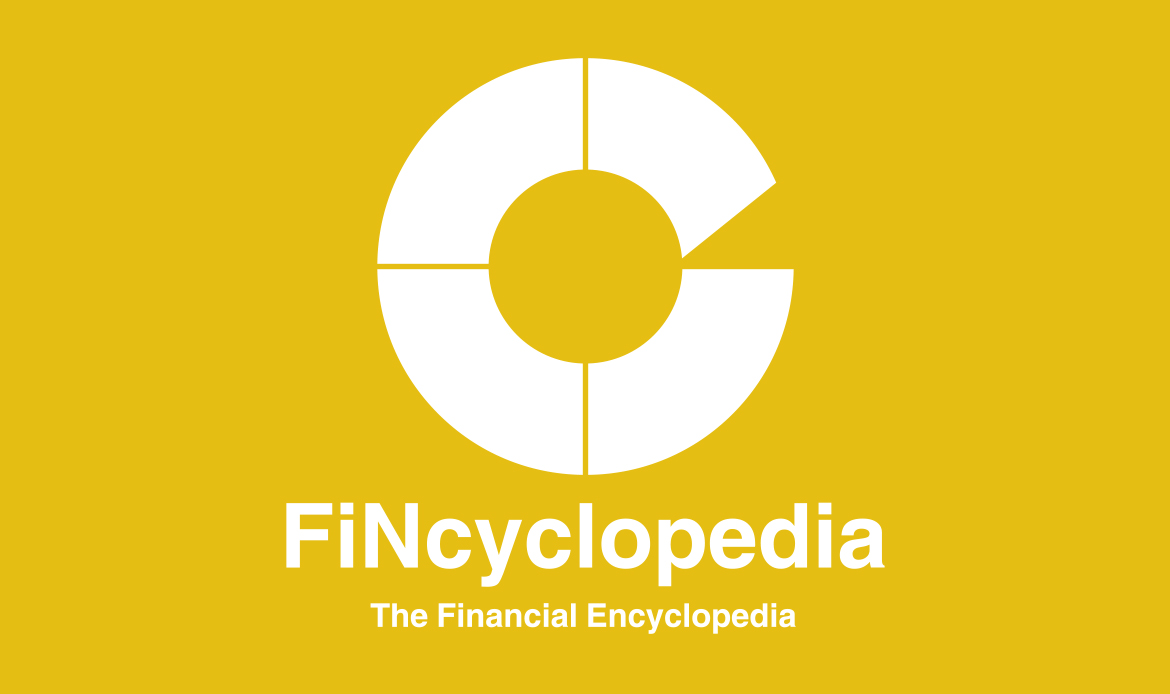A hedge fund that doesn’t hedge, whether partially or fully. A directional fund maintains some exposure to the market without placing much emphasis on hedging risk. Unhedged risk makes directional funds less steady as their primary aim rests on generating higher returns. Fund managers focus on making higher-than-expected returns for a given amount of risk. A fund’s returns may fluctuate from year to year, but they tend to be higher over the long run than the returns on a non-directional fund. The performance of a directional fund may experience very wide swings, producing large returns some years and meager returns in other years. As long as the performance trend is upward, directional funds particularly suit long-term investors. They are also attractive to aggressive investors who look for investments that outperform the market indices (i.e., investments with above average returns). With double or triple-digit returns in mind, fund managers usually apply leveraging techniques to amplify the returns.
Because directional funds maintain a degree of exposure to the market, they’re sometimes dubbed “beta funds” and are considered to have a stock-like return. That means, the correlation between a fund’s performance and the market is high (for example, beta is 0.9 or 1.0). Therefore, in bear markets the directional fund may not perform well.




